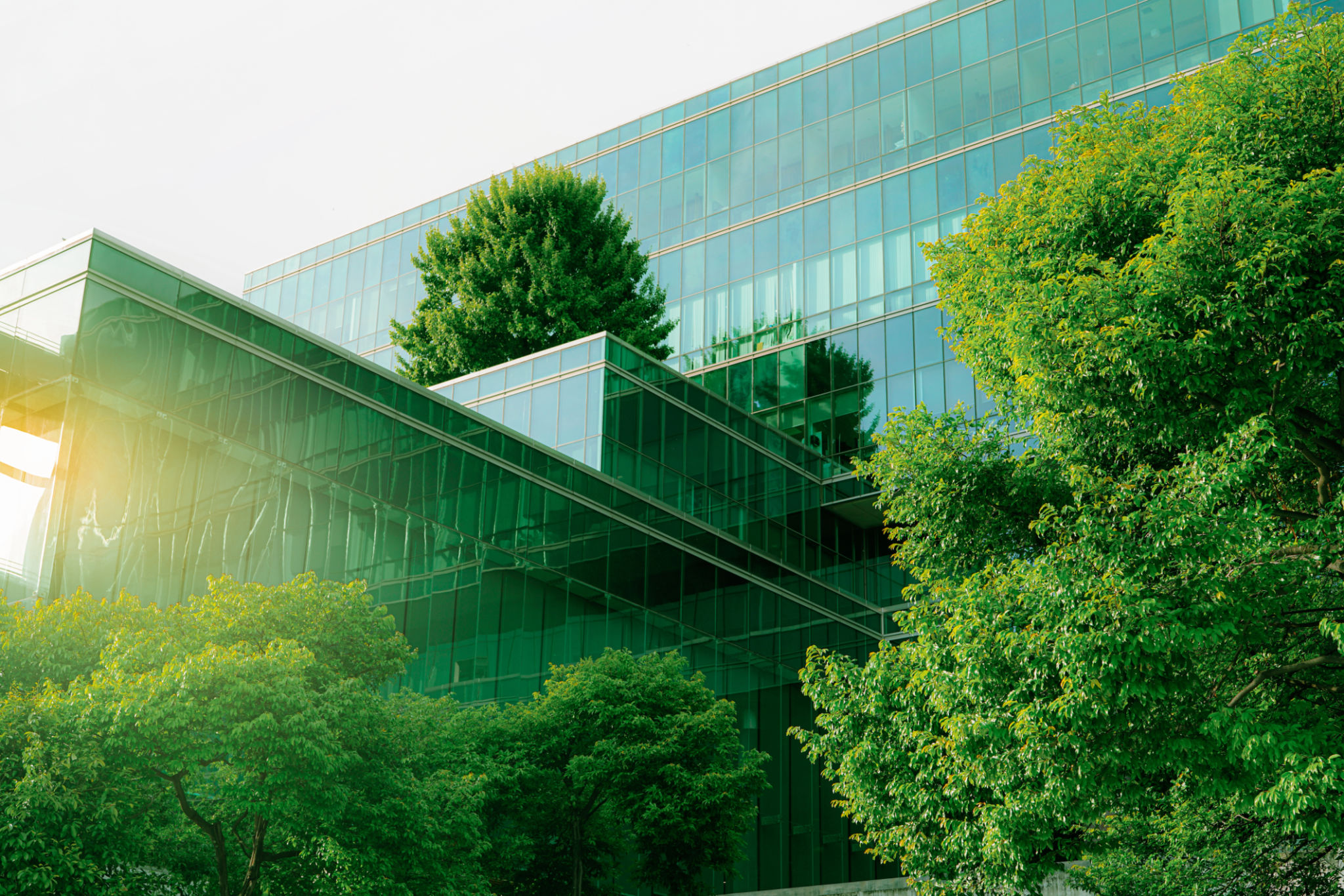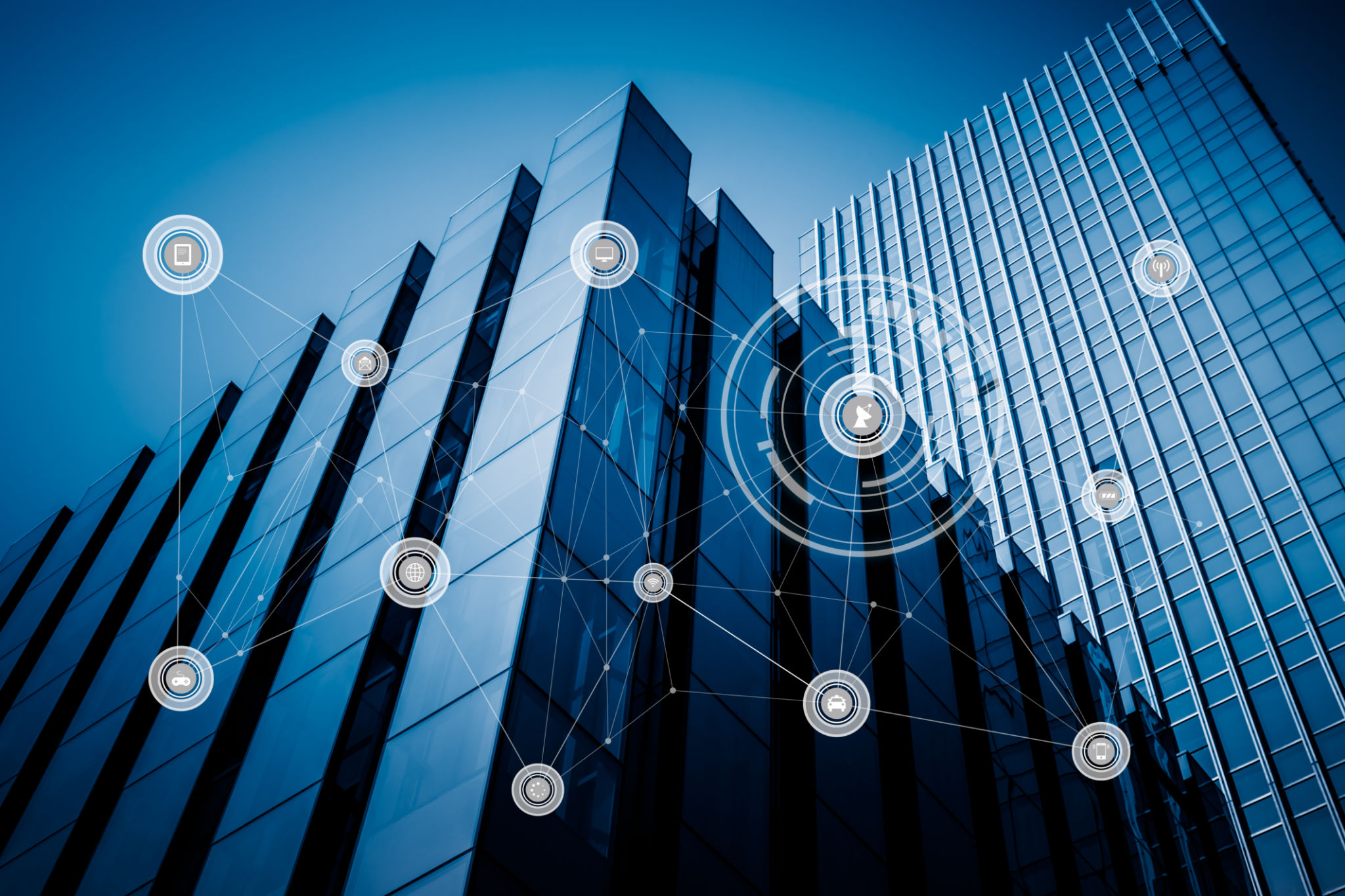Expert Insights: The Future of Property Maintenance and Refurbishment
TT
Embracing Technological Advancements
The property maintenance and refurbishment industry is on the cusp of a technological revolution. With advancements in AI, IoT, and automation, property managers can now streamline operations, reduce costs, and enhance tenant satisfaction. These technologies allow for predictive maintenance, where issues are identified and resolved before they escalate, minimizing downtime and disruptions.

One of the most promising developments is the use of smart sensors and IoT devices. These tools monitor building conditions in real-time, providing valuable data that can be used to improve efficiency and extend the lifespan of facilities. For instance, automated systems can adjust heating and lighting based on occupancy, significantly reducing energy consumption.
Sustainability and Eco-friendly Practices
As environmental concerns continue to grow, the property maintenance sector is increasingly prioritizing sustainability. This shift is not only driven by regulatory requirements but also by consumer demand for greener living spaces. Implementing eco-friendly practices such as using sustainable materials, improving energy efficiency, and incorporating renewable energy sources is becoming the norm.
Property managers are also exploring innovative solutions like green roofs and walls, which not only enhance aesthetic appeal but also improve air quality and reduce urban heat. Additionally, water conservation strategies such as rainwater harvesting systems are being adopted to further the sustainability agenda.

Focus on Health and Safety
The recent pandemic has heightened awareness around health and safety in buildings. As a result, property maintenance strategies are increasingly focusing on creating healthier indoor environments. This includes improved ventilation systems, regular air quality monitoring, and the use of non-toxic cleaning materials.
Moreover, touchless technology is becoming more prevalent in modern properties. From automated doors to voice-activated elevators, these innovations not only enhance convenience but also reduce the spread of germs, promoting a safer environment for occupants.

The Role of Data Analytics
Data analytics is transforming the way property maintenance is approached. By leveraging big data, property managers can gain insights into performance trends and predict future needs more accurately. This data-driven approach allows for better decision-making and resource allocation, optimizing both time and budget.
Furthermore, predictive analytics can identify patterns that indicate potential issues before they become significant problems. This proactive approach not only extends the life of assets but also ensures a higher level of tenant satisfaction.
Training and Workforce Development
As technology becomes more integrated into property maintenance, there is a growing need for a skilled workforce that can operate these advanced systems. Continuous training and development are essential for staff to stay updated with the latest tools and techniques.
Many organizations are investing in upskilling their teams through workshops, online courses, and partnerships with tech providers. This investment not only improves operational efficiency but also fosters a culture of innovation within the organization.

Conclusion: A Future of Innovation
The future of property maintenance and refurbishment is undoubtedly exciting, with technology playing a pivotal role in shaping this landscape. By embracing these innovations, property managers can create more efficient, sustainable, and safe environments for tenants.
As we move forward, it's essential for industry stakeholders to remain adaptable and open to new ideas. The integration of technology into property maintenance is not just a trend but a necessary evolution to meet the demands of modern living.
